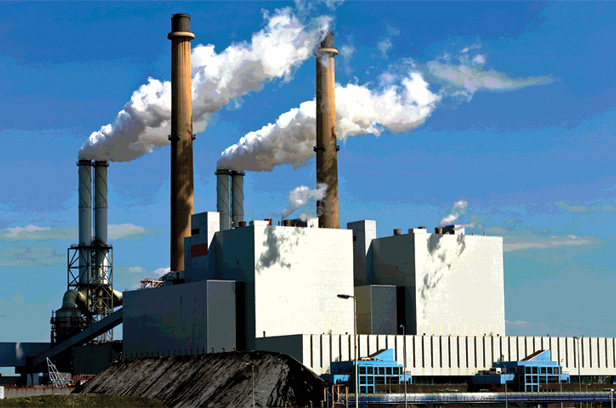Sustainability March 07, 2024
SEC Passes Watered-Down Climate Reporting Rules
The rules require large companies to disclose Scope 1 and Scope 2 greenhouse gas emissions, but not Scope 3.
The Securities and Exchange Commission (SEC) this week has adopted climate reporting rules for large public companies, phasing in reporting on Scope 1 and 2 greenhouse gas emissions.

However, the SEC nixed Scope 3 emissions reporting requirements it had been considering, after receiving more than 24,000 comment letters on the proposed climate reporting rules it issued in March 2022.
The rules are meant to enhance and standardize climate-related disclosures, according to the SEC, and reflect its efforts to respond to investors demand for more reliable information about the financial effects of climate-related risks.
“These final rules build on past requirements by mandating material climate risk disclosures by public companies and in public offerings,” said Gary Gensler, SEC chairman. “The rules will provide investors with consistent, comparable and decision-useful information and issuers with clear reporting requirements.”
The new rules require a company to disclose a variety of information regarding climate-related risks, such as floods and wildfires, and how they might impact its strategy, business model and financial outlook. They also seek information about a company’s climate-related targets and whether they will affect its business operations. Large public companies will also need to report Scope 1 and 2 greenhouse gas emissions starting in 2026, though not indirect Scope 3 emissions.
Scope 1 emissions are direct GHG emissions that come from sources controlled or owned by a company, and Scope 2 are associated with the purchase of electricity, heating and cooling. The vast majority of emissions are Scope 3, indirect emissions that occur up and down a company’s supply chain, including everything from raw material extraction to transportation and distribution of goods to disposal of products at their end of life. Anywhere from 65% to 95% of a company’s emissions are Scope 3, according to some estimates.
Some environmental and consumer advocacy groups were critical of the SEC’s watered-down climate disclosure rules. “Unfortunately, the SEC has stripped that key metric leaving investors in a really tough spot,” Clara Vondrich, senior policy counsel for consumer group Public Citizen told the Wall Street Journal.
Though Scope 3 didn’t make the cut for the SEC’s reporting requirements, analysts note that big businesses aren’t likely to stop focusing on measuring their indirect emissions. Companies will still need to report Scope 3 emissions through California’s new climate disclosure laws, the European Union’s sustainability reporting requirements and for the International Sustainability Standards Board’s framework. “There are other regulations that [companies] are going to have to do Scope 3 [for] anyway … they are going to have to have a rigorous process to inventory Scope 3 emissions,” Rob Fisher, a U.S. ESG leader at KPMG, told ESG Dive.

Promo for the Planet is your destination for the latest news, biggest trends and best ideas to help build a more sustainable and socially-responsible industry.
